1. Taking in too much air while drinking milk
For example, a baby with poor breastfeeding (not holding most of the mother's areola). Or a bottle-fed baby using a pacifier with a hole that is too large. Or improper tilting of the bottle can lead to air in the pacifier, thus causing the baby to swallow too much air.
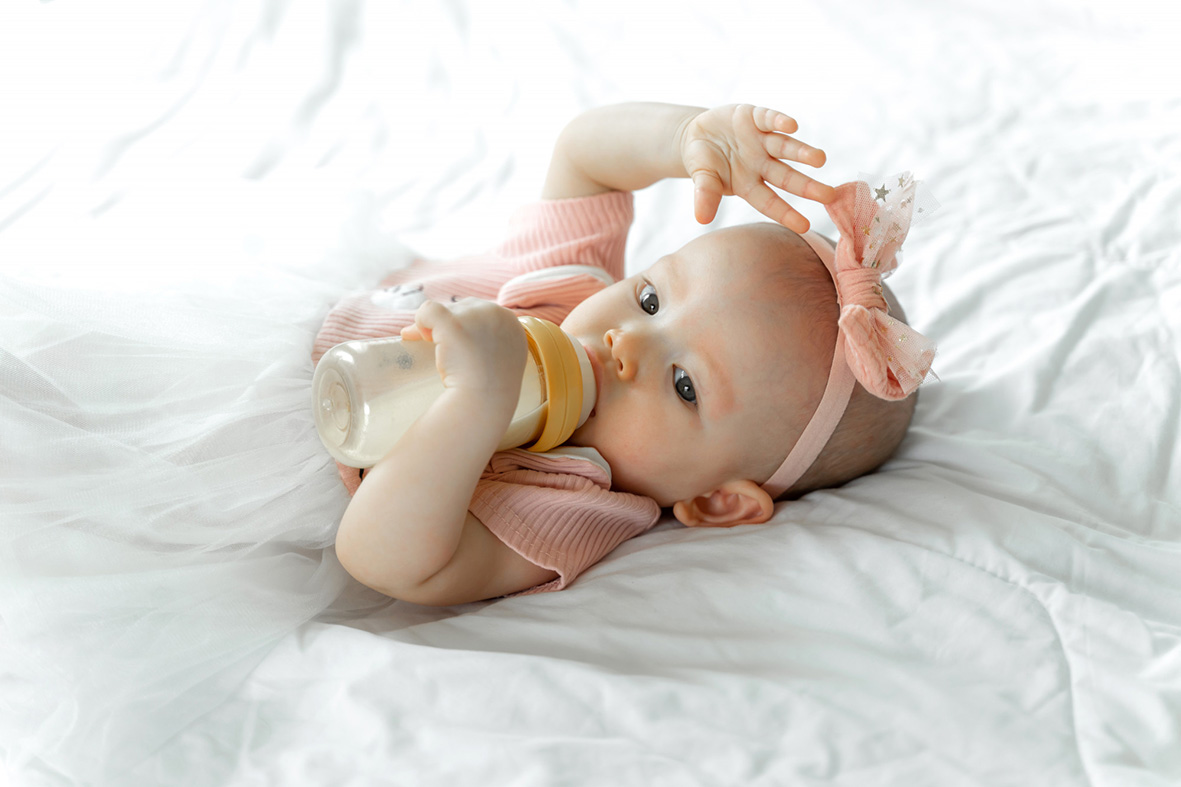
2. Eating a lot of gas-producing foods
Gas can be produced by any food that is digested and fermented in the intestine. If a nursing mother or baby consumes foods that produce more gas, such as cabbage, onions, broccoli, and some starchy foods (potatoes, noodles, etc.), milk and milk products, high-fiber foods (fruits, vegetables, etc.), soft drinks, carbonated beverages, and so on, they are more likely to experience flatulence.
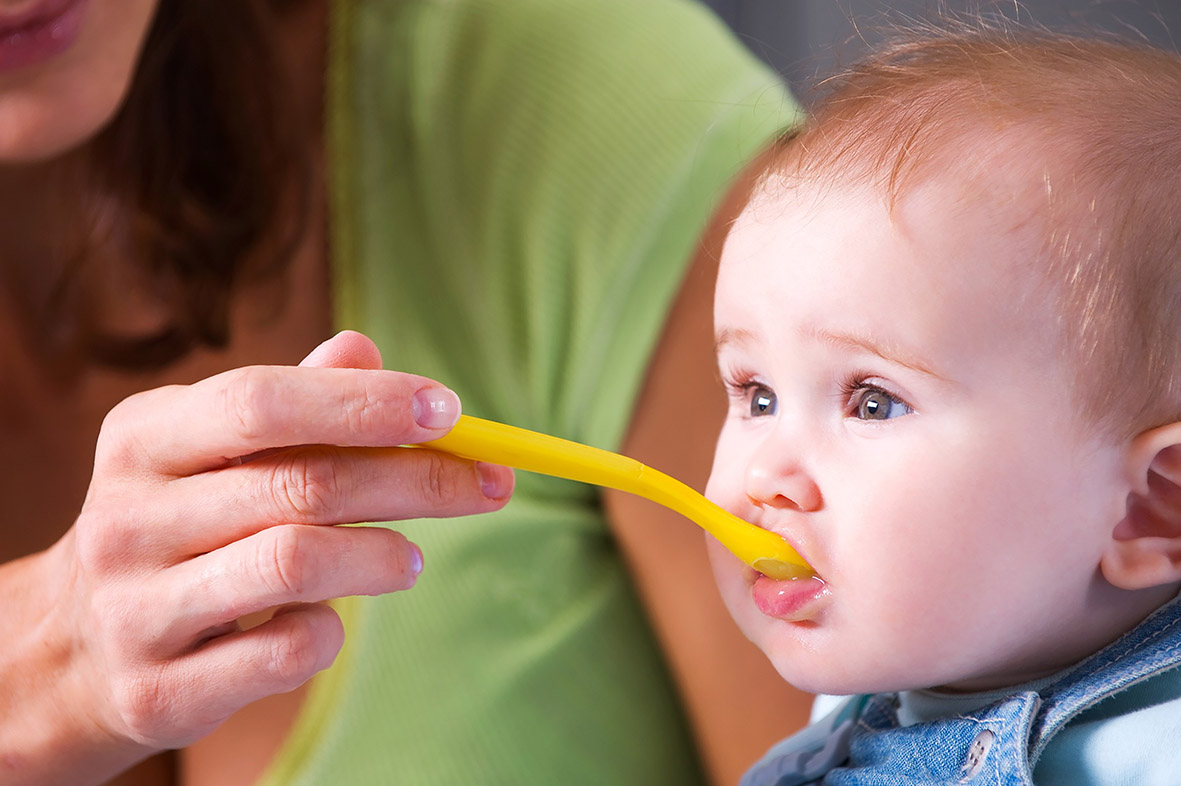
3. Poor nutrient digestion and absorption
If your baby has poor digestion and absorption of certain nutrients, such as fat, carbohydrates (typically lactose), protein, or other nutrients, the "ingredients" that are not digested and absorbed will be degraded and fermented by bacteria in the colon, resulting in the production of various gases and flatulence.
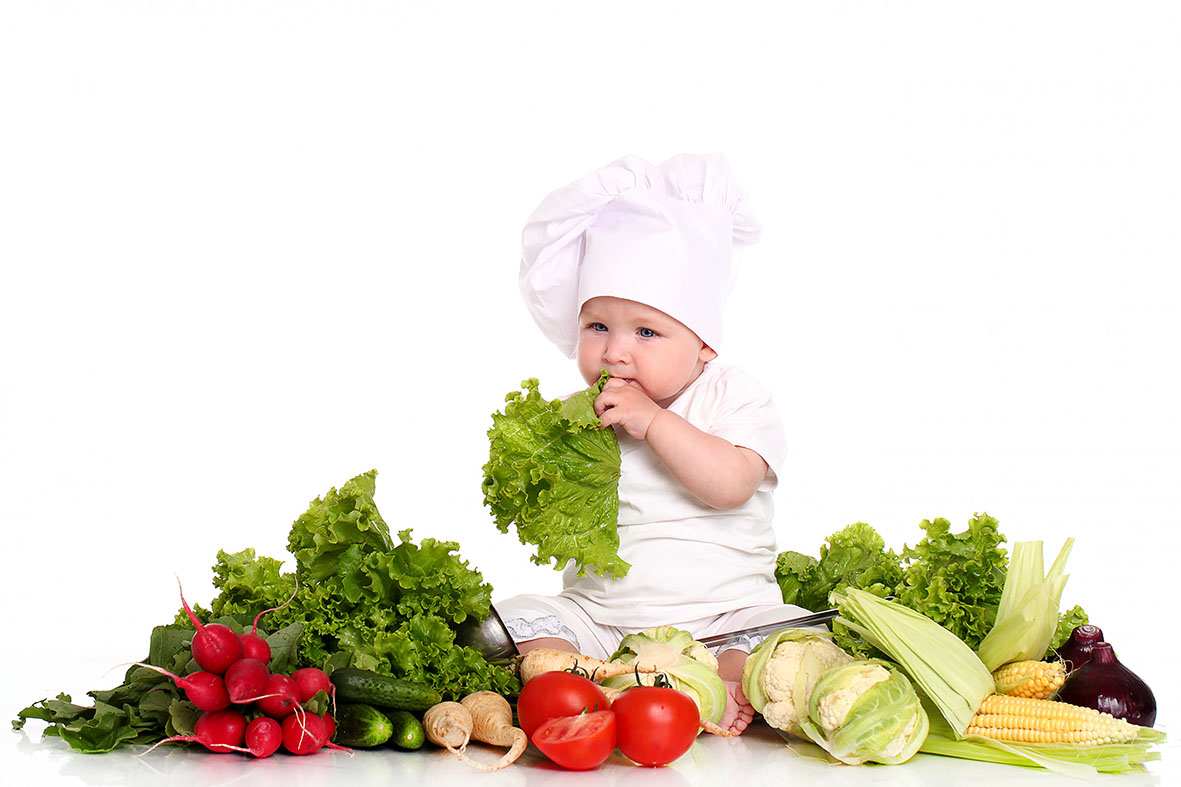
4. Less gas discharge
Gas discharge can be hampered by intestinal issues such as constipation and intestinal obstruction.
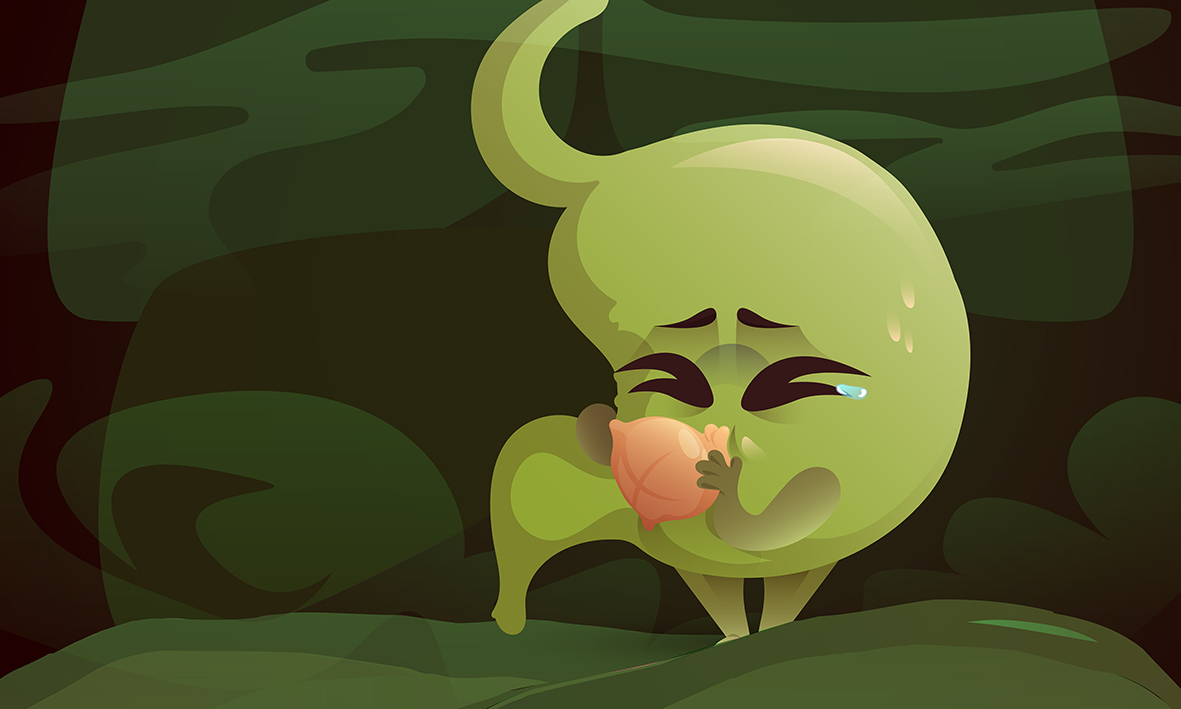
5. External air pressure variation
Air pressure fluctuates throughout the day, and these fluctuations can cause "intestinal flatulence" in babies. When the air pressure outside the baby's intestines is lower than the air pressure inside, the gas in the intestines "expands," resulting in flatulence.
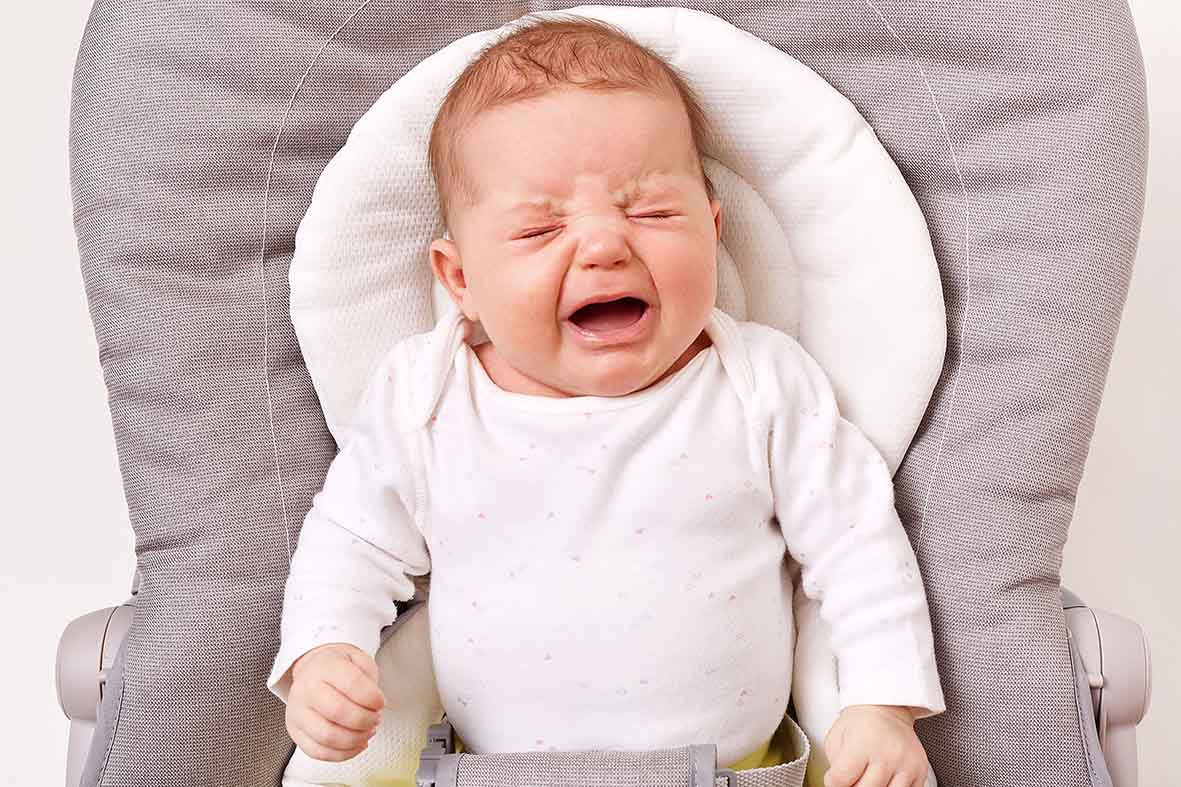
6. Other uncommon causes
Flatulence in babies can also be caused by infectious enteritis, irritable bowel syndrome (rare in infants), small intestine bacterial overgrowth, short bowel syndrome (usually surgically removed), and other conditions.
